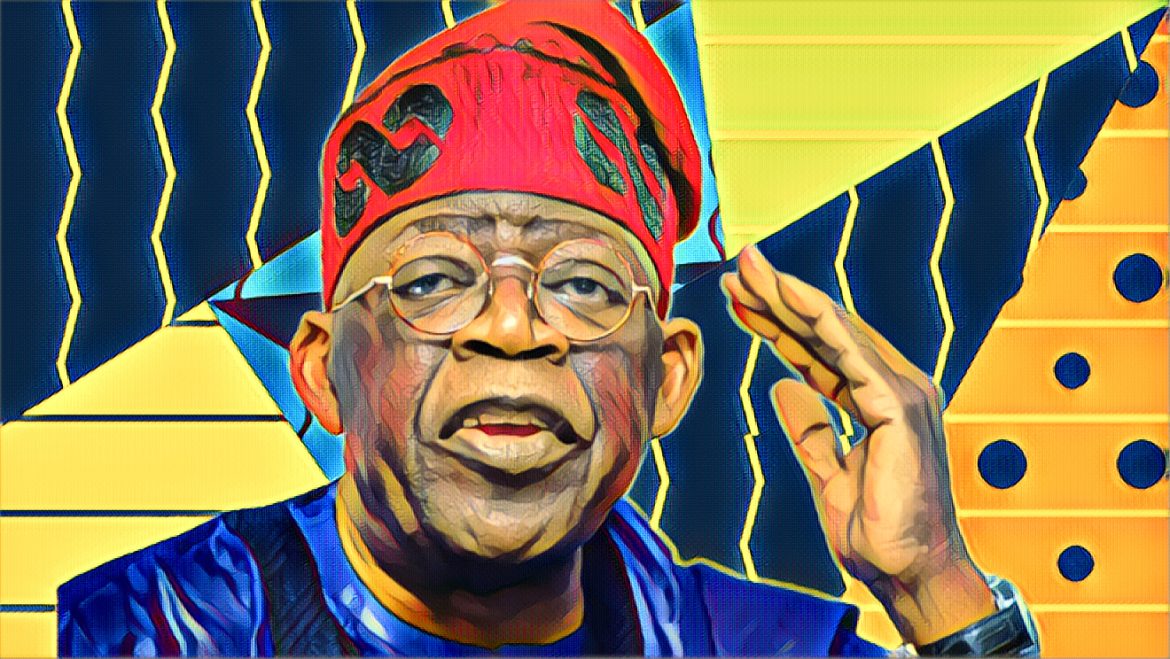Tinubu’s Financial Forfeiture Revisited
In a significant political development, President Bola Tinubu is fighting to stop the release of records from a 1993 Illinois court case. This case involved him forfeiting $460,000 found in two bank accounts. Investigations then had linked the money to heroin trafficking operations run by Adegboyega Akande and Abiodun Agbele.
Clash with U.S. Intelligence
Aaron Greenspan, founder of PlainSite, and David Hundeyin, a Nigerian journalist, spearheaded this legal challenge. They sued major U.S. intelligence agencies on June 23, 2023. Their goal? To obtain files on Tinubu’s old forfeiture case, citing the Freedom of Information Act (FOIA).
U.S. Agencies Budge Under Pressure
After the court’s decision favoring Greenspan, the involved agencies, including the FBI, DEA, and IRS, agreed to process the FOIA requests. They committed to a phased release of documents starting from late October 2023.
Tinubu’s Countermove in Court
With the clock ticking, Tinubu’s lawyers are scrambling. They’re drafting a detailed argument against the release, due before October 31. This reaction is a clear attempt to stifle information, following the revelation of 70,000 pages of Tinubu’s FBI files.
Political Rival Atiku Wades In
Atiku Abubakar, Tinubu’s long-time political adversary, didn’t miss the chance to throw a jab. Speaking through an aide, he criticized Tinubu’s secrecy. “Why all these attempts to hide your past?” Atiku asked, pointing out the inconsistencies in Tinubu’s personal history narratives.
Growing Calls for Transparency
The drama signals Nigerians’ heightened demand to know their president’s past. With Tinubu’s history in the shadows, Atiku urges U.S. authorities to keep the spotlight on. He advocates for the release of these crucial documents, which Nigerian courts have had a tough time obtaining.
A Nation Waits, World Watches
The situation highlights the struggle for transparency in global politics. As the case unfolds, it’s not just about Tinubu anymore. It’s about international justice processes and the public’s right to know, raising pressing questions about the lengths leaders will go to keep secrets.
This continuous unfolding of events keeps the world’s eyes on both Nigerian leadership and U.S. judicial procedures. It emphasizes the growing need for transparency in international and political spheres.


